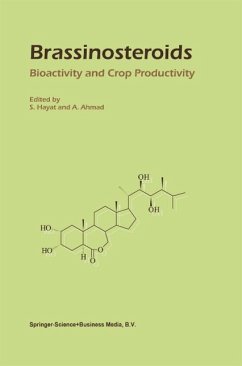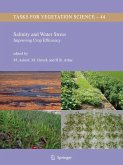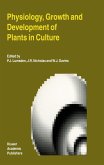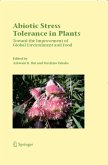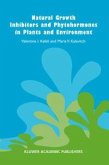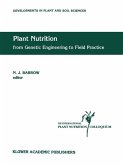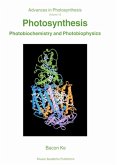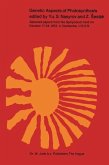Dieser Download kann aus rechtlichen Gründen nur mit Rechnungsadresse in A, B, BG, CY, CZ, D, DK, EW, E, FIN, F, GR, HR, H, IRL, I, LT, L, LR, M, NL, PL, P, R, S, SLO, SK ausgeliefert werden.
"It deals with the chemistry, with perception and signal transduction, with physiological effects and with use in agriculture. ... as this book summarizes a large part of the vast amount of knowledge on brassinosteroids, it is highly relevant for researchers interested in this new plant growth regulator." (Geert-Jan de Klerk, Plant Cell, Tissue and Organ Culture, Vol. 79, 2004)
"In this book, the editors focus on the practical importance of brassinosteroids in agricultural and horticultural applications ... . the book might be interesting to scientists and students working in fundamental and applied research since it provides a comprehensive overview of the practical feasibility of brassinosteroid application, which is not readily accessible elsewhere." (Bernd Schneider, Journal of Plant Physiology, Vol. 161 (11), 2004)

